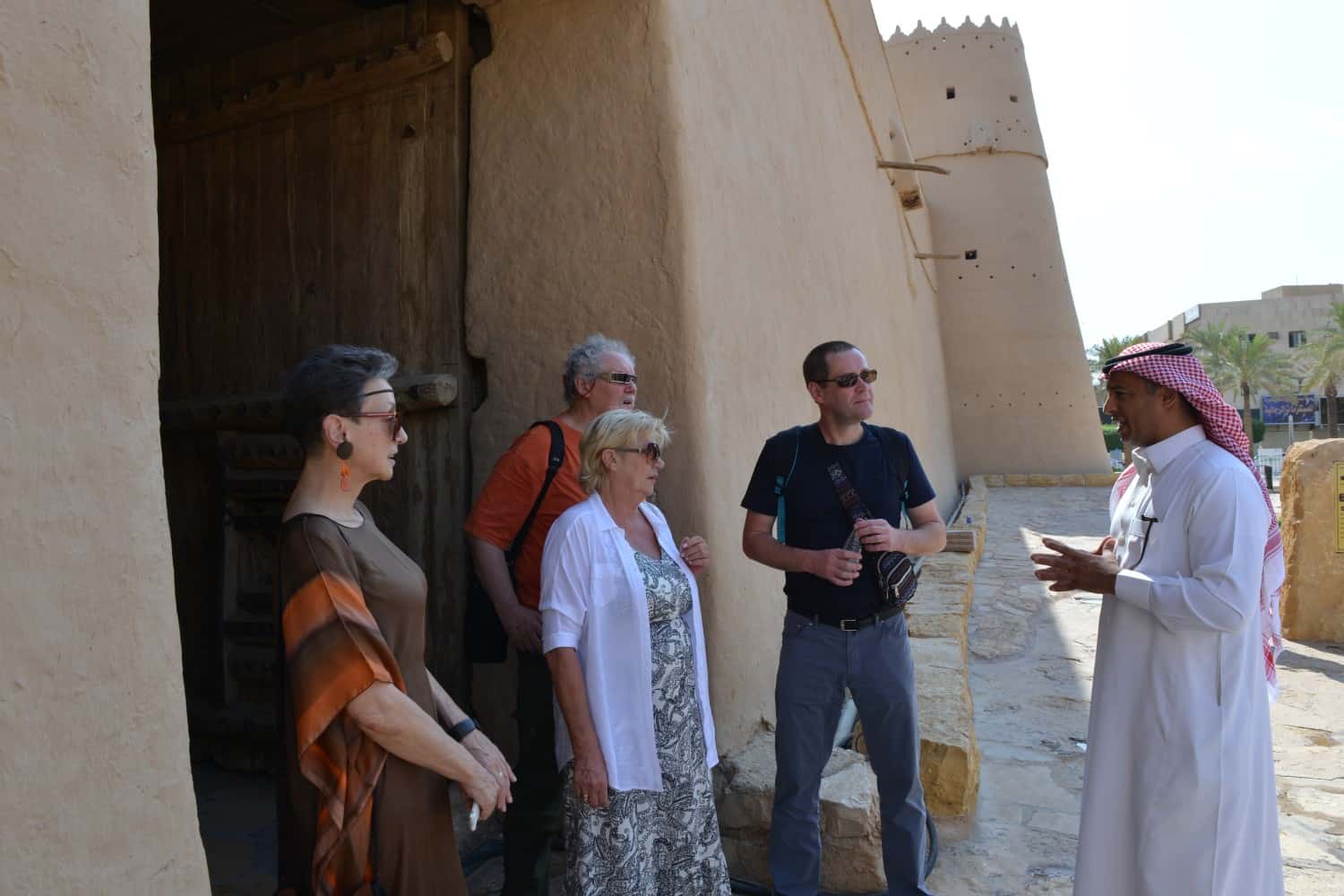Saudi Arabia’s resurgent tourism sector is benefiting from investment of billions of dollars as the kingdom seeks to reduce economic dependence on oil.
It is also set to benefit from a few significant recent geological discoveries, opening new vistas for the development of geotourism.
Fossil site
On 1 June 2022, the Saudi Geological Survey and the Red Sea Development Company (TRSDC) announced the discovery of 80-million-year-old fossil sites along the Red Sea coast.
“A specialist team from the authority uncovered the remnants of extinct marine animals in the governorates of Duba and Umluj, whose ages ranged between 16 and 80 million years,” the authority’s spokesman, Tariq Aba Al-Khail, said in a statement.
“These sites contain several marine vertebrates and invertebrates, as well as the remains of plants that lived in shallow and coastal marine habitats. The rare findings tell fascinating stories about the evolution of life in the region over the past tens of millions of years,” he continued.
Columns made of basalt
Aside from fossil discoveries, one of the unique geological phenomena discovered in Saudi Arabia is basalt columns.
These one-of-a-kind columns are magnificent and incredibly accurate geometric shapes that erupted from the ground without human intervention.
These columns could be mistaken for the ones carved with incredible accuracy, although they owe their existence to the molten lava that burst out of the ground in the aftermath of volcanic eruptions.
Geotourism
All these findings help strengthen Saudi Arabia’s reputation as a distinct destination and its efforts to attract tourists who prefer geological tourism over its conventional variant.
In an article recently published on the website of the “Saudi Society for Geosciences,” Dr. Muhammad Yusuf Ali, professor of geology at King Saud University in Saudi Arabia, says: “Geological tourism is an alternative tourism that can be classed under the category of natural tourism.”
“Geo-tourism may be performed in both natural and urban environments,” said Ali and added that “the fundamental aim of this sort of tourism is the sustainable use of geology and landscapes as resources to attract tourists.”
He said that geo-tourism is focused on abiotic features such as dormant volcanoes, rocks, and fossils.
Geo sites are becoming one of the most popular categories of tourism around the globe. He added that Saudi Arabia is distinguished by its exceptional geological diversity and the existence of several scenic geological features that serve as tourism attractions.
Vision 2030
Saudi Arabia expects 12 million visitors this year, growing from four million in 2021.
As part of its “Vision 2030”, it also aims to lure 100 million tourists by 2030.
Geological discoveries and landmarks in the kingdom, therefore, become important destinations for travelers interested in nature tourism, which is in demand from tourists seeking peace and quiet away from the bustle of cities.
These sites could attract academics and scientists from all over the world and enhance Saudi Arabia’s standing in the scientific community.

